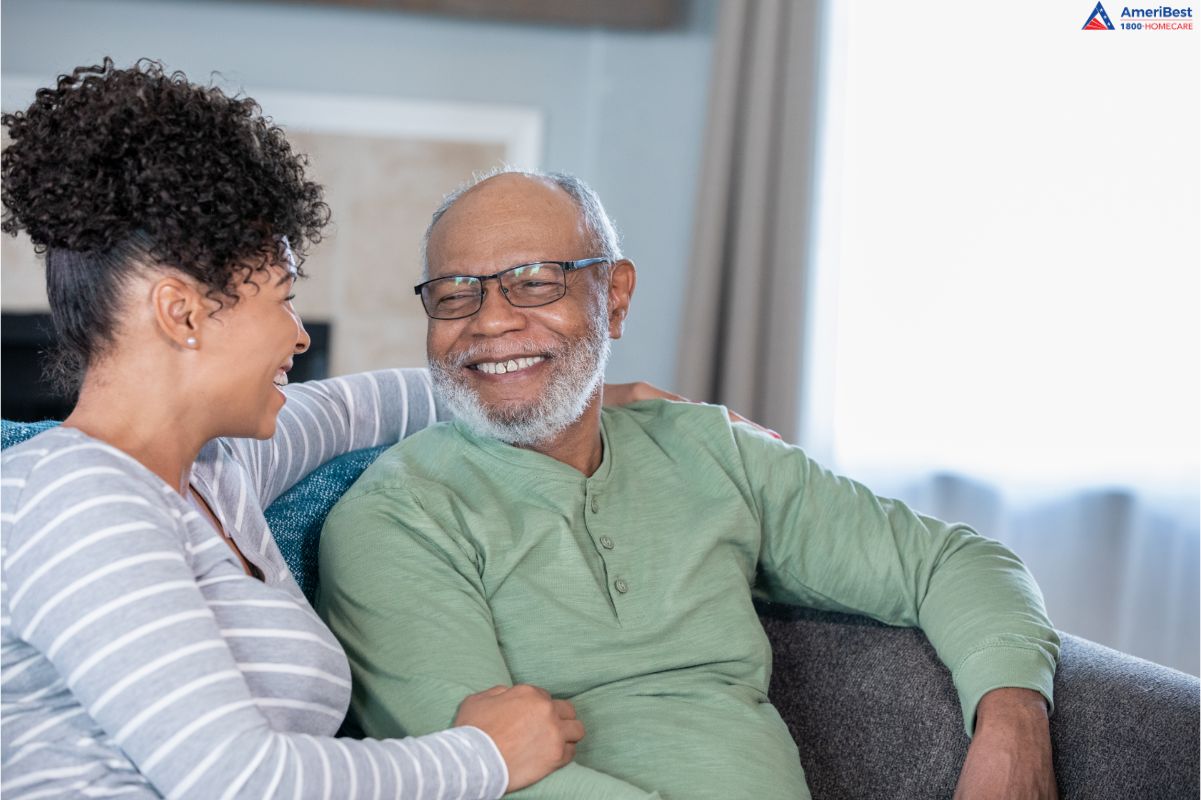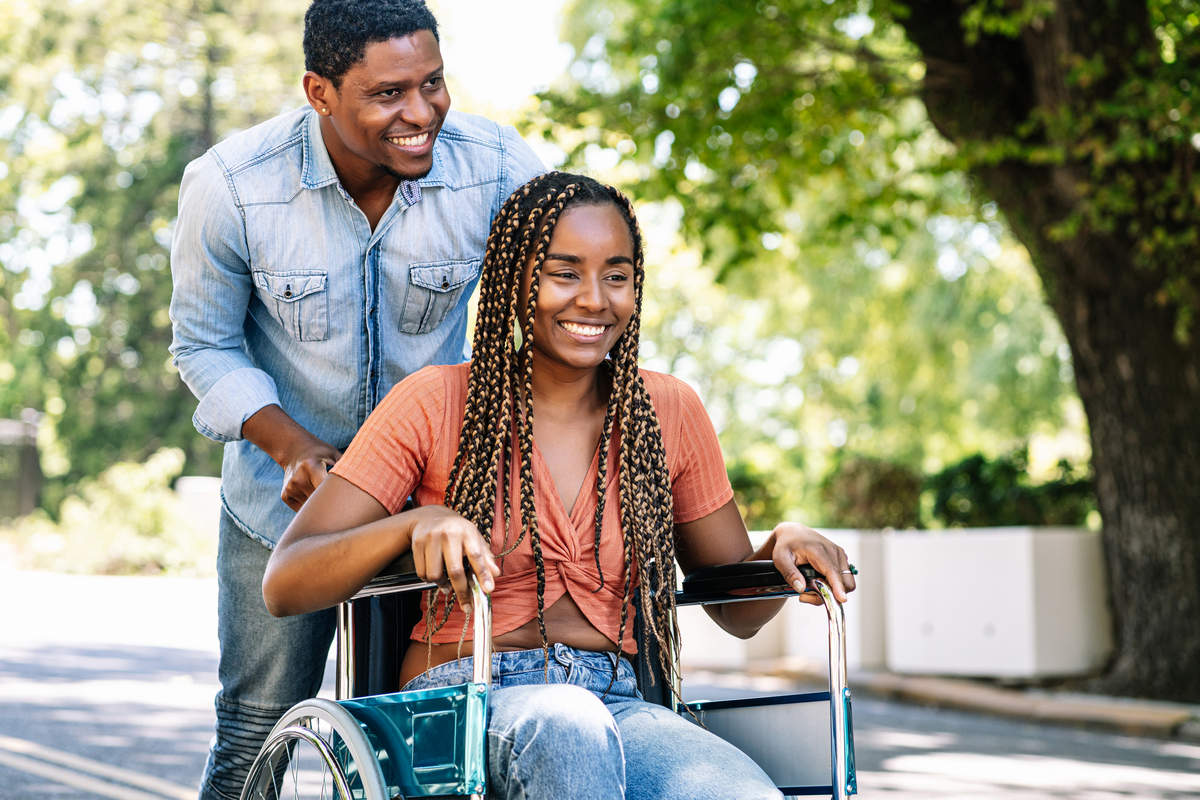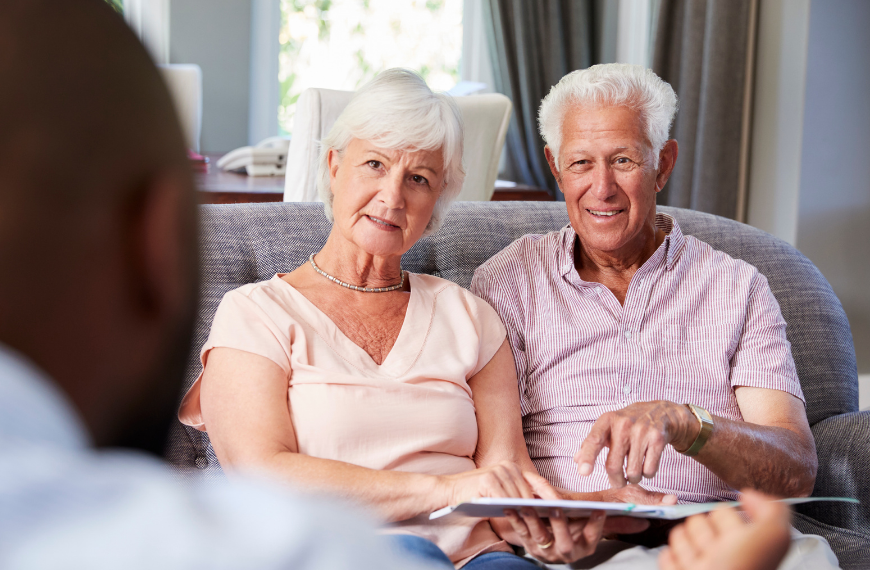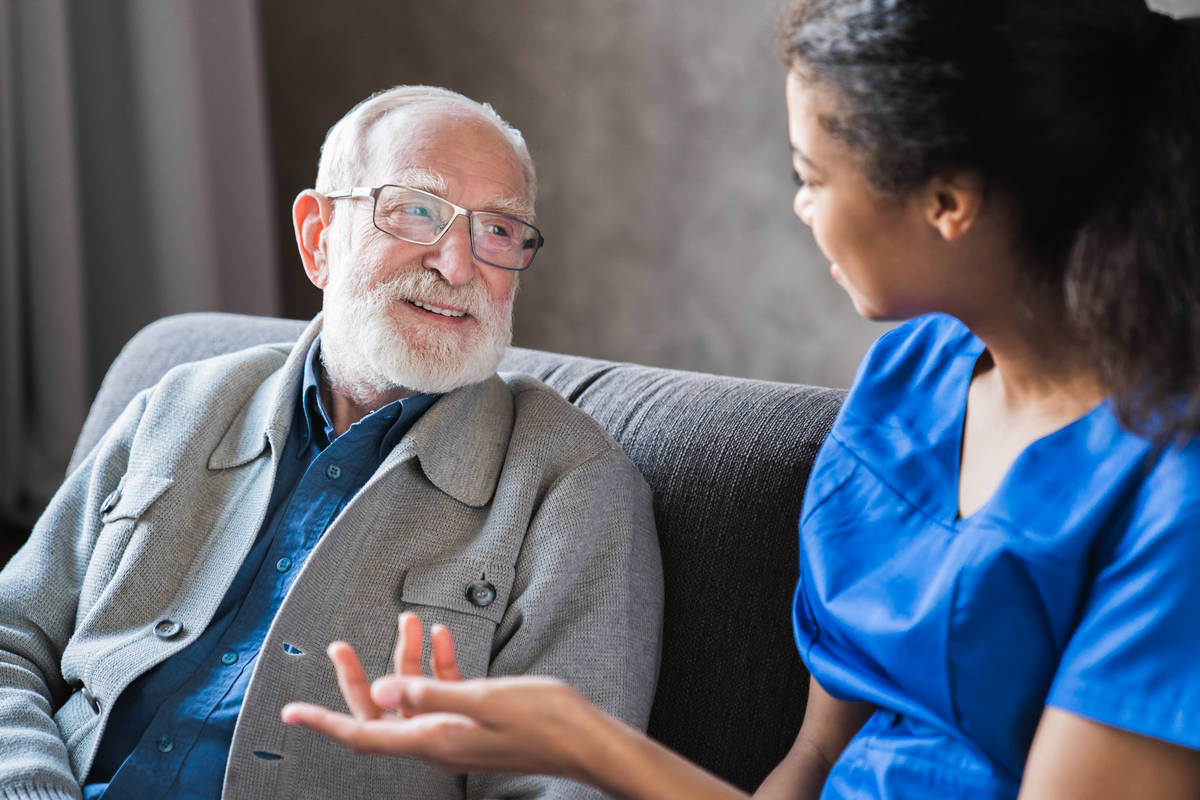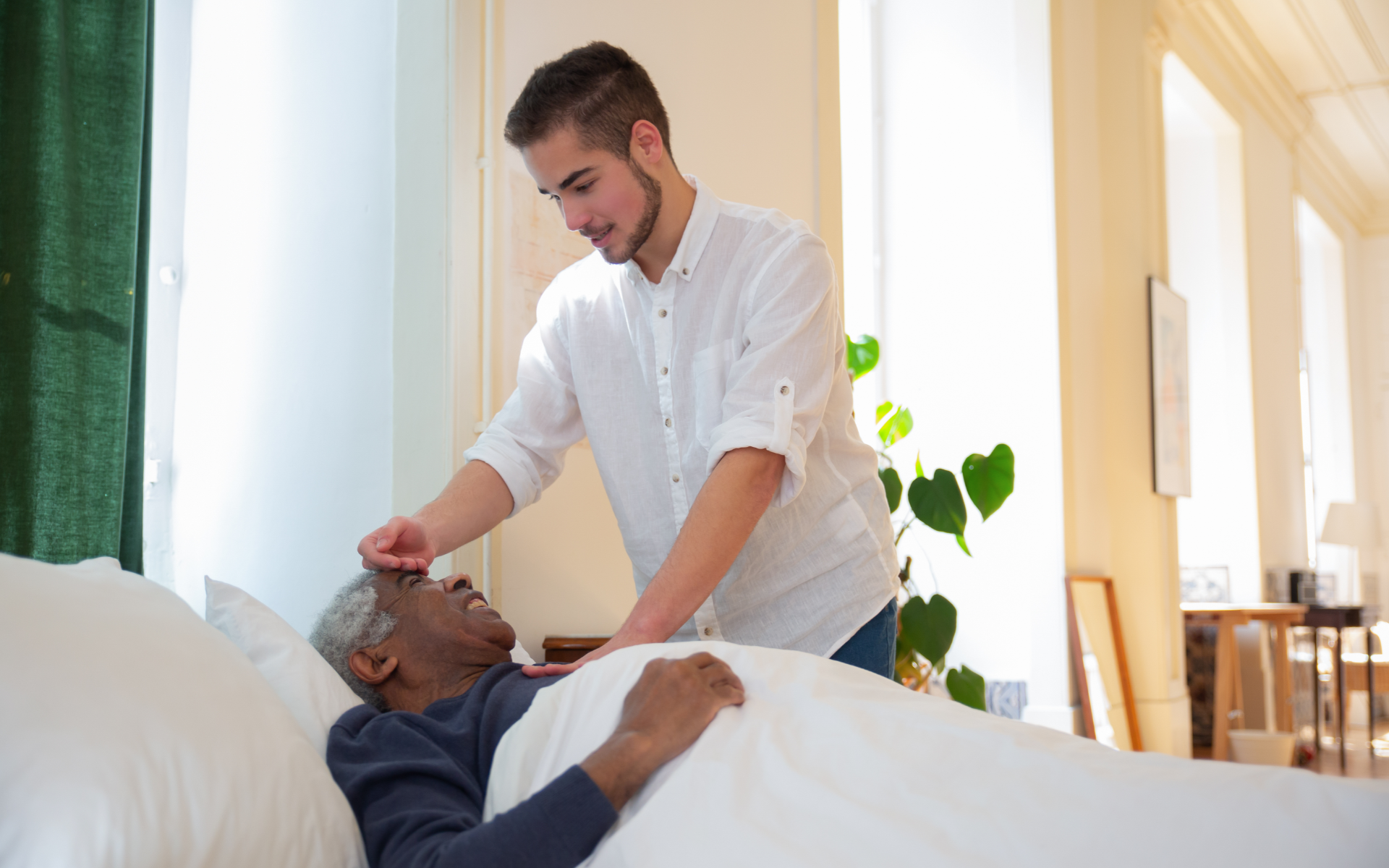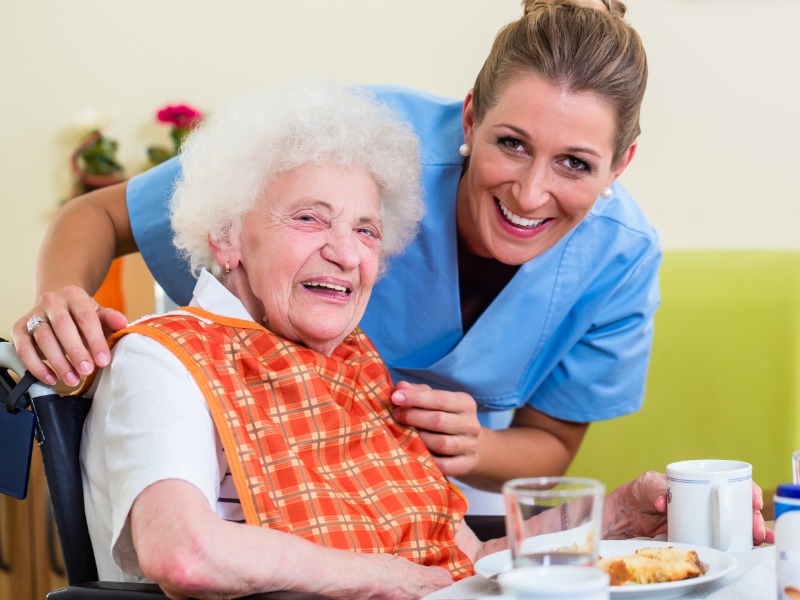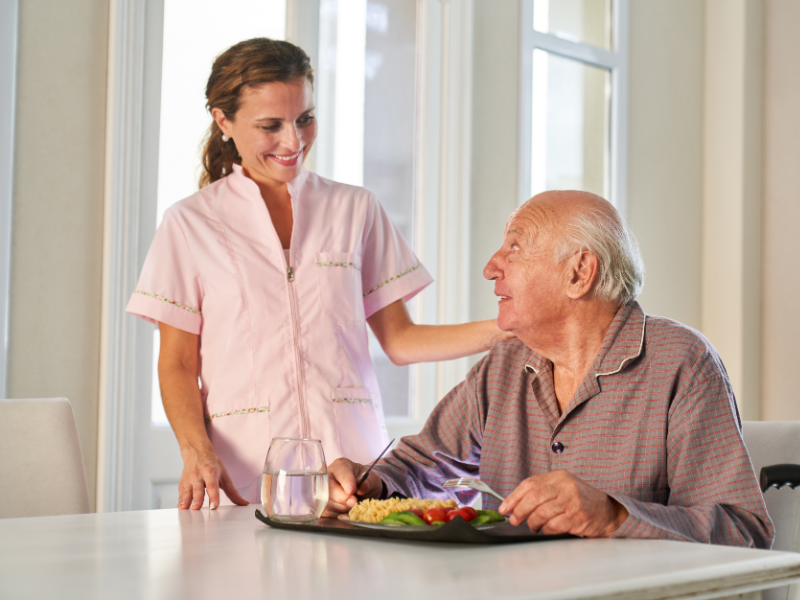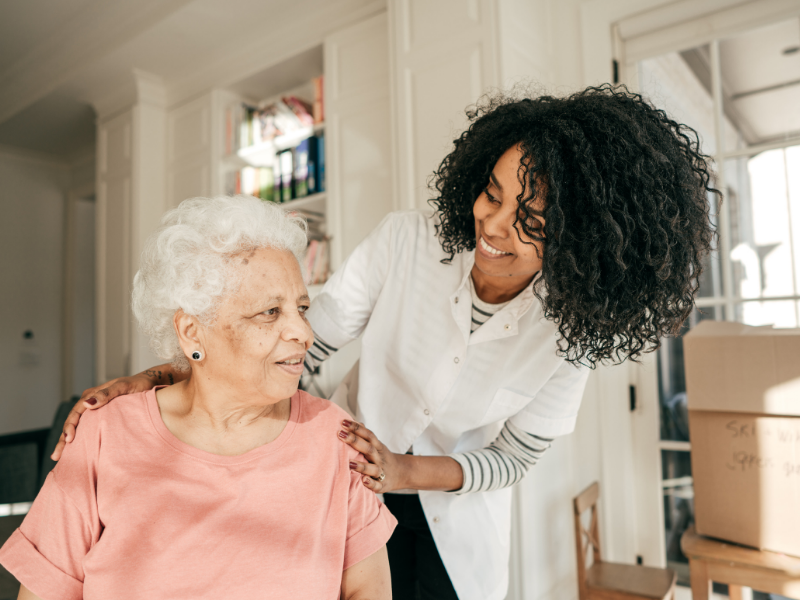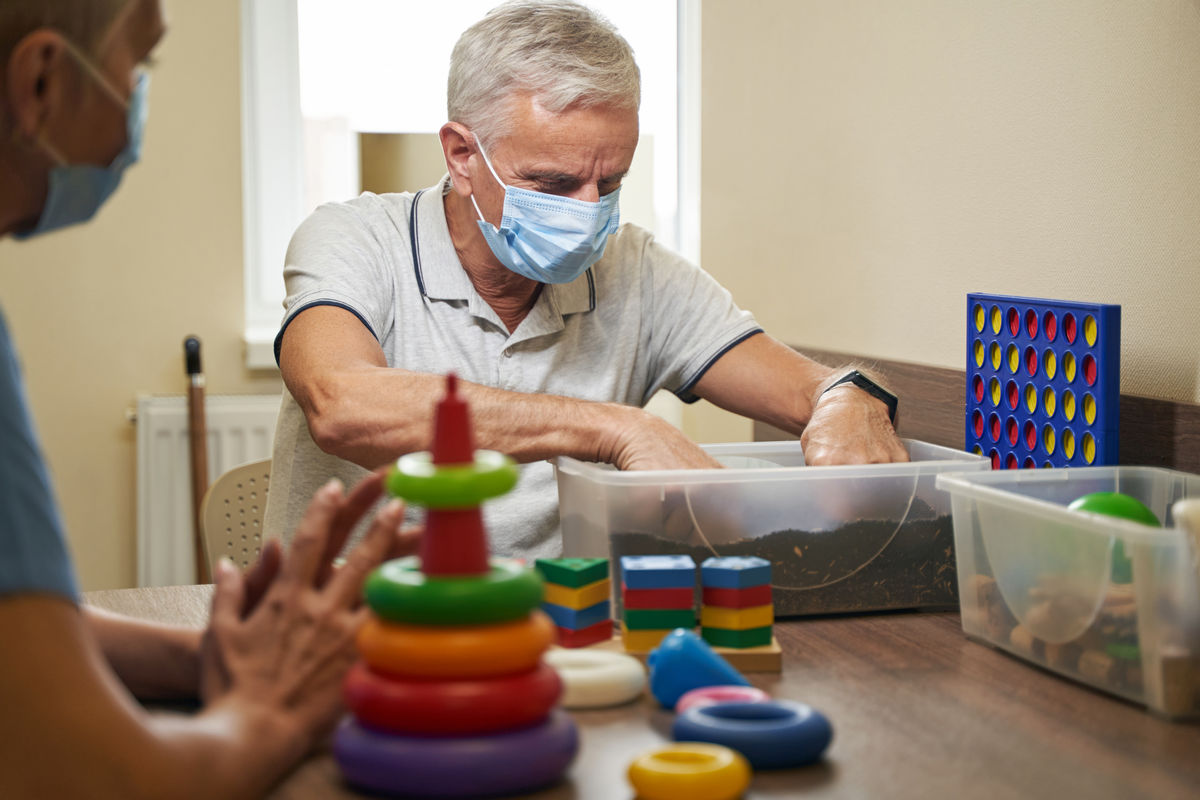Senior transportation is a key aspect of in-home caregiving services. Transportation can take many forms, from walking with a senior to driving them to and from medical appointments. Similarly, your elderly loved one may require transportation for various reasons. If you’re searching for senior transportation in Philadelphia for your elderly or disabled family member, in-home personal care aides may be an excellent solution.
The What and Why of Senior Transportation in Philadelphia
Senior transportation is a broad term. It most often refers to vehicle transportation when an elderly individual can no longer drive themselves. However, personal care assistants can also aid with physical transportation, such as walking alongside your loved one to their neighbor’s house. Both forms of transportation can benefit elderly individuals in many ways. Transportation allows your loved one to access various resources, including medical appointments, grocery stores, and community events, and maintain social connections. In-home health aide transportation services for seniors keep them connected in a convenient and friendly manner.
Transportation To and From Healthcare Appointments; Our Role
According to AARP, seniors should see their primary healthcare provider at least once a year. However, as you age, the number of medical appointments often increases. Having rides to and from these appointments is critical for your aging loved ones.
Effortlessly arrangement
In-home personal assistance, like the support offered through AmeriBest Home Care, offers safe, reliable, and convenient transportation to and from medical appointments. Arranging transportation is easy and eliminates the hassle of navigating public transportation or commercial services like Uber or Lyft. Home health care means that you can arrange to have someone available to transport your loved one exactly when they need it.
Friendly service
Unlike public transportation or rideshare services, which can be unfamiliar and daunting, senior transportation in Philadelphia through a home care aide is friendly and comforting. Your loved one will likely develop a report with their assistant. Similarly, their aide may learn your family members’s preferred routes or arrival times, ensuring their journey is as smooth and pleasant as possible.
A decrease in time and stress
Traditional transportation methods, like buses, ridesharing, or commercial services, aren’t always easy, timely, dependable, or accommodating. It can be stressful for elderly or disabled individuals to figure out the logistics of making it to and from their medical appointments, potentially increasing the likelihood of them not going at all. While family members often make every effort to help when they can, taking time off from work or family activities to transport an elderly loved one can be stressful and time-consuming. Using a home health care aide to provide transportation is a convenient solution for everyone.
Adaptable care
Prioritizing transportation for elderly or disabled loved ones is a vital service. Still, sometimes, these individuals may need more support than a ride. In-home assisted living services go beyond transportation. You can work with home care agencies, like AmeriBest Home Care, to find support for various aspects of daily living, including help with personal routines, medication management, companionship, meal preparation, and light housekeeping. Home health aide services are versatile and adaptable, helping your loved one maintain the best quality of life as they age.

Find Out How AmeriBest Home Care Can Transport Your Loved One
If you’re searching for senior transportation in Philadelphia, PA, AmeriBest Home Care can help you navigate the array of services available. We are conveniently located in the heart of Philadelphia, as well as Harrisburg and Allentown, which are ideal locations to provide senior transportation to your loved one. Whether it’s a medical appointment, personal errand, or long-awaited visit with friends, our transportation services can make the journey as smooth and stress-free as possible.
Call us at 1-800-HOMECARE to learn more about how we can help.

